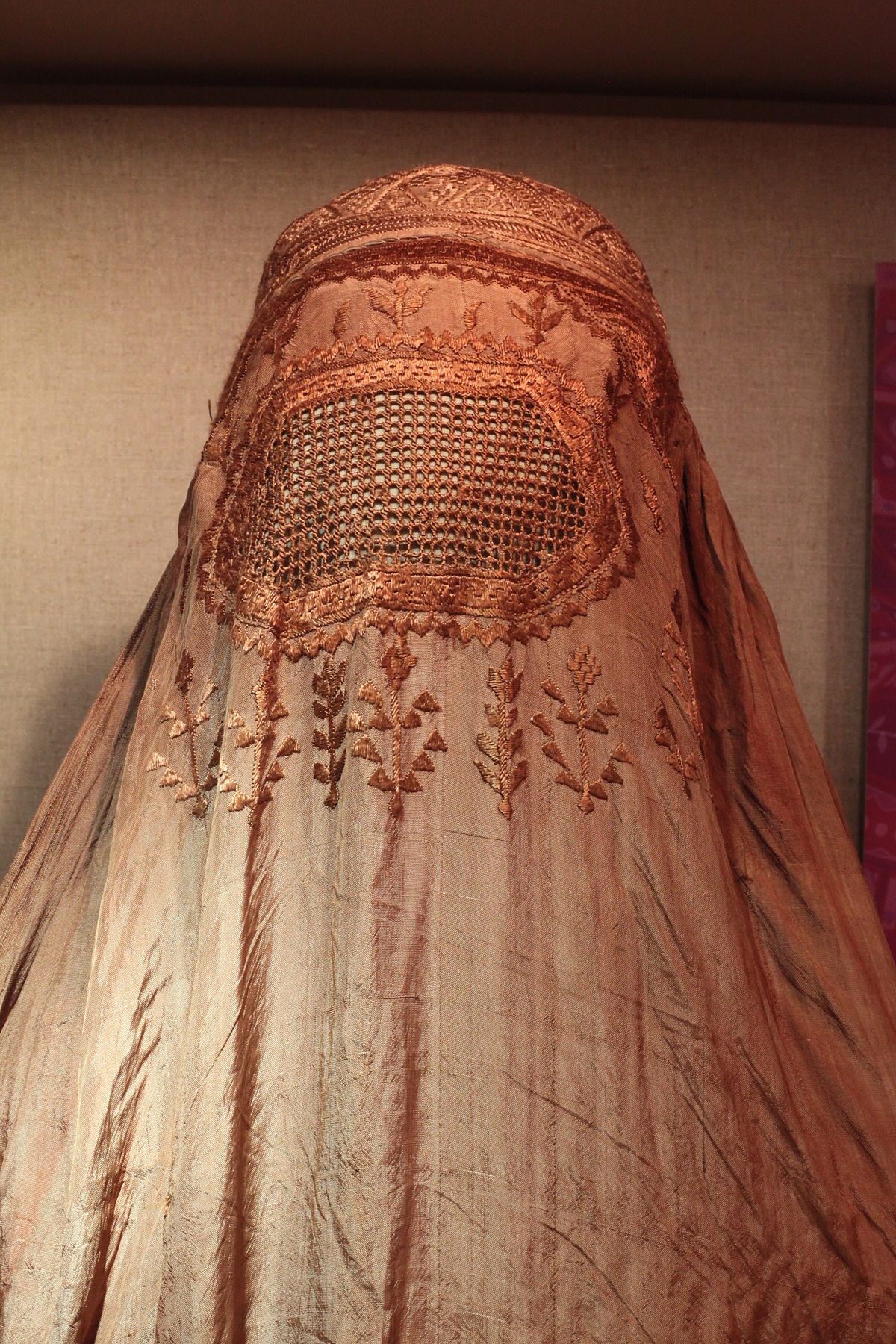However, this freedom that advanced technology will grant us can be a double-edged sword, since there is no inherent reason to believe this freedom will be shared. It will be up to the government to decide who controls this technology and gets part of its dividends.
If the technology is controlled by only a few, it could instead be used to simply give them the freedom to never need to care about others. Right now even the richest person still at least depends on regular people to serve as their drivers, their chefs, their housekeepers, their plumbers, their waiters, their hairdressers, etc. In the future all of these people could theoretically be replaced by machines.
Saudi Arabia is currently our best example that wealth generated by technology won’t inherently make society more equal or better. While not a perfect analogy, the vast oil wealth the small country controls frees them from need in the same way advanced robots may soon be capable of. Saudi Arabia has chosen to use this freedom to keep women as second class citizens.
The advancement of women’s rights in the West was driven often by economic necessity. We needed a more educated population to handle the modern economy. We needed women in factories while the men went to war. We needed more workers in general to compete internationally. It gave women leverage to demand their rights.
Saudi Arabia’s wealth means they really don’t need their women to contribute to the economy. It also gives them freedom not to care what the rest of the world thinks about their policies.
Future advancements in automation could mean the freedom from need for everyone, or it could give a few the freedom to never again need to care about everyone else.
*"Burqa IMG 1127" by Rama - Own work. Licensed under CC BY-SA 2.0 fr via Wikimedia Commons.
*"Burqa IMG 1127" by Rama - Own work. Licensed under CC BY-SA 2.0 fr via Wikimedia Commons.


No comments:
Post a Comment